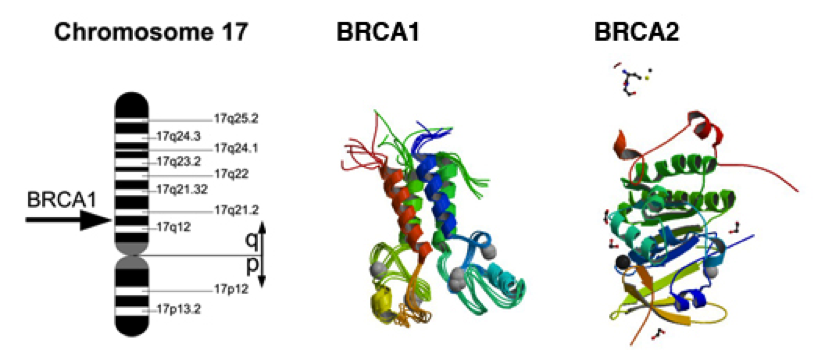After reviewing the DOMA and Proposition 8 cases this spring, the Supreme Court will begin looking into a case regarding whether human DNA can be patented by the research laboratories or universities that have discovered and sequenced them.
Myriad Genetics, based out of Salt Lake City, patented the BRCA1 and BRCA2 genes, which have been linked to breast and ovarian cancers; they argue that the isolated genes are the products of “human ingenuity” and can therefore be patented. Over the years, more than 4,000 genes have been granted patents, covering about 40 percent of our genome. Myriad said that banning gene patents would discourage companies from investing in important genetics research because they don’t know if they can profit from the discovery and patenting of the genes.

The ACLU and the Public Patent Foundation have been fighting Myriad since 2009, claiming that the genes cannot be patented because the Patent Act prevents natural phenomena from being patented. Case studies have shown patients who sent their DNA to Myriad for analysis have received vague results. In one case, three sisters learned that their DNA showed a BRCA “variant of unknown significance” and elected to have mastectomies to prevent any potential cancer from starting, and Myriad later reclassified their variant as harmless.
A February case in the Australian court system allowed Myriad and Melbourne’s Genetic Technologies Ltd to patent the BRCA1 gene because while the material is natural, it cannot exist naturally on its own.
While sequencing and determining the function of a gene can count as intellectual property in the sense that it was that scientist’s brainpower that led to the discovery, patenting genes, especially ones like the BRCA gene that can mean the difference between life and death, isn’t fair to patients, medical professionals, or scientists. Patents restrict access to research that could lead to early detection, treatment, or even a cure.






